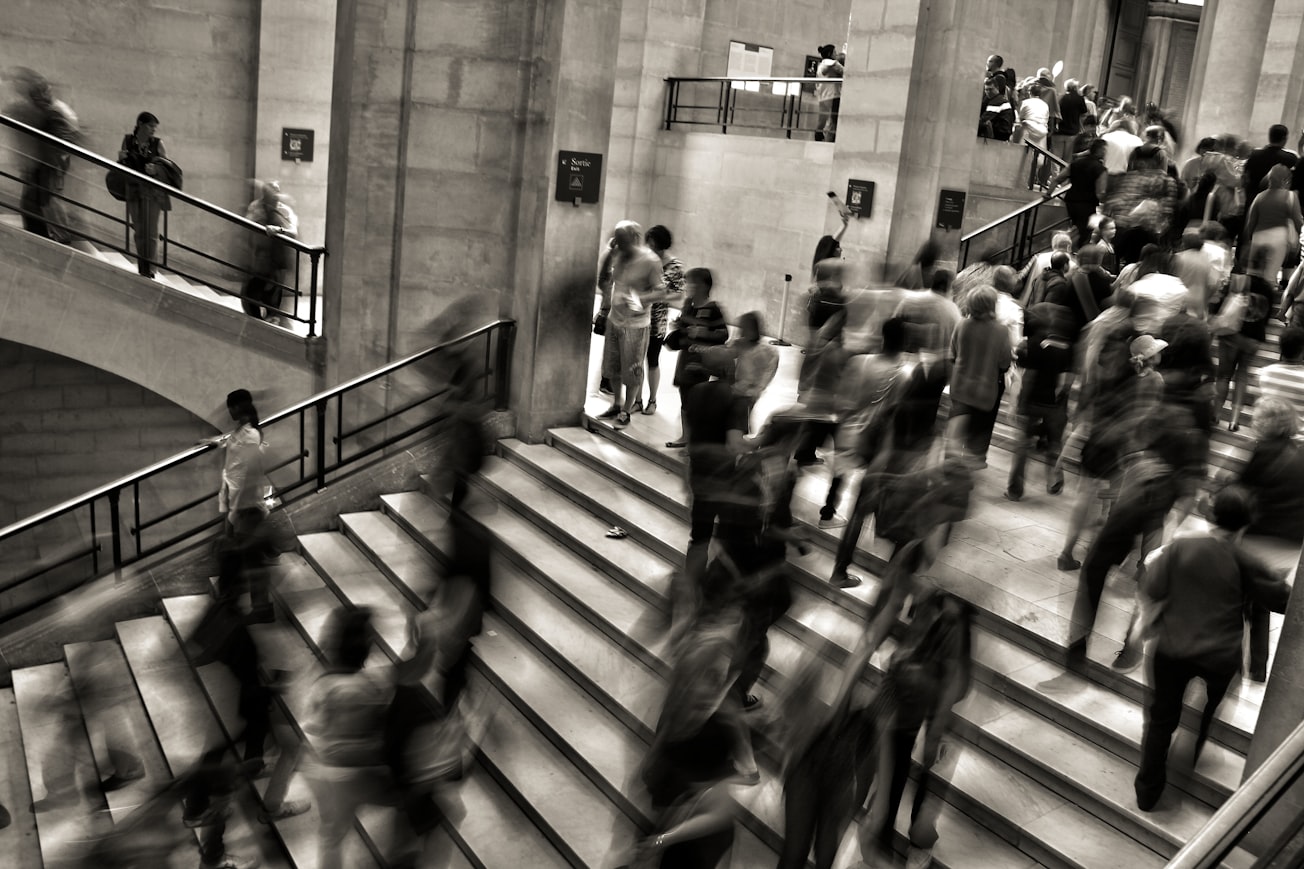What is it about?
Economic inequality has been rising in modern societies during the last years and, according to evidence, it could be a key factor behind intolerance outbreaks. As our societies become more dependent on public reputation systems, a deeper understanding of the relationship between inequality, intolerance, and reputation is required. Evolutionary game theory has been proved as a suitable methodology to study the emergence and evolution of cooperation in populations. One of the main mechanisms proposed to explain cooperative behaviors in this framework is indirect reciprocity, which relies on the assignment of reputations to decide whether to cooperate with the other. Adapting an indirect reciprocity model to incorporate economic inequality and intolerance, this work studies the impact of the former on the emergence of the latter. It is analyzed under what circumstances intolerant strategies could invade tolerant groups in different scenarios and what is required for tolerance to be restored. The model is also applied to study the conditions under which the redistribution of wealth may become a feasible solution to avoid intolerance.
Featured Image

Photo by José Martín Ramírez Carrasco on Unsplash
Why is it important?
This research represents the first attempt to study the fundamental influence of inequality on the rise of intolerance from an evolutionary point of view and among individuals who base a significant part of their decision processes on reputation. Since the current results are derived from the study of the emergence of strategies in an evolutionary context, this approach reduces the bias that some other traditional methodologies need to introduce. Results show that inequality triggers the escalation of discriminatory attitudes at different levels. It is also responsible of counterintuitive behaviors within tolerant groups. One of the most significant is that tolerant disfavoured minorities may prioritize helping wealthy individuals who discriminate against over their own kind. The aim of this work is not only to understand why specific social phenomena and behaviors arise, but also to analyze the potential success of the implementation of public policies. It shows that the redistribution of wealth is an effective preventive mechanism against outbreaks of intolerance, but it has to be implemented before intolerant individuals begin to permeates part of the population since it loses most of its capacity when waiting too long for the problem to arise.
Read the Original
This page is a summary of: Inequality leads to the evolution of intolerance in reputation-based populations, Chaos An Interdisciplinary Journal of Nonlinear Science, March 2023, American Institute of Physics,
DOI: 10.1063/5.0135376.
You can read the full text:
Contributors
The following have contributed to this page







